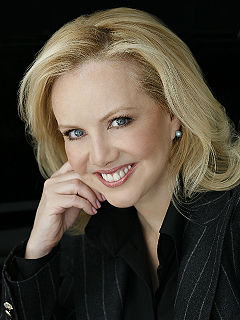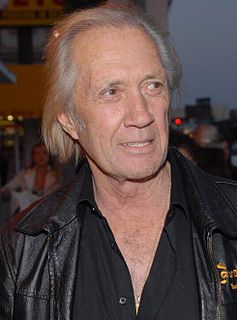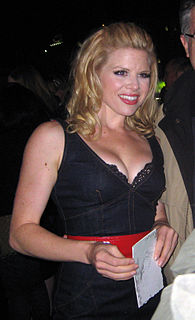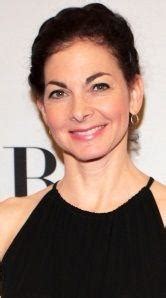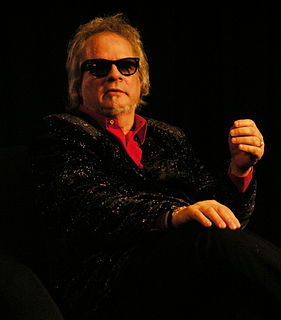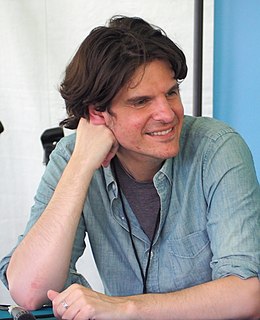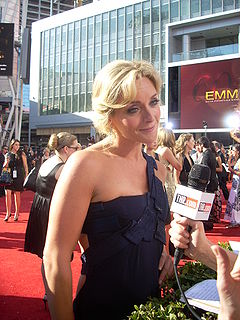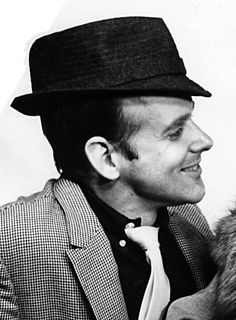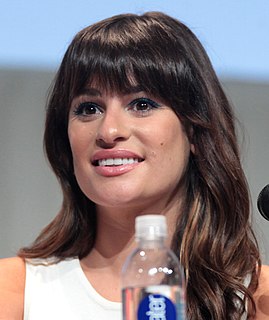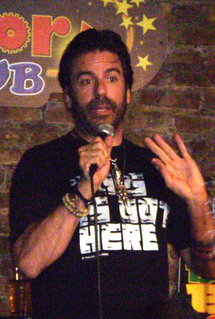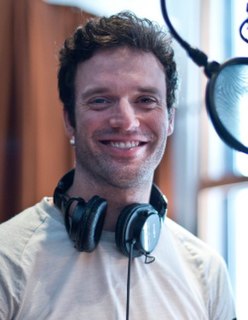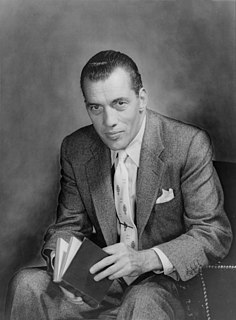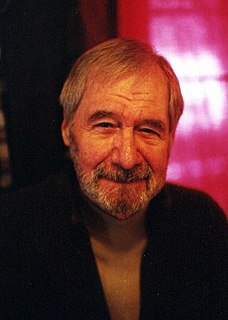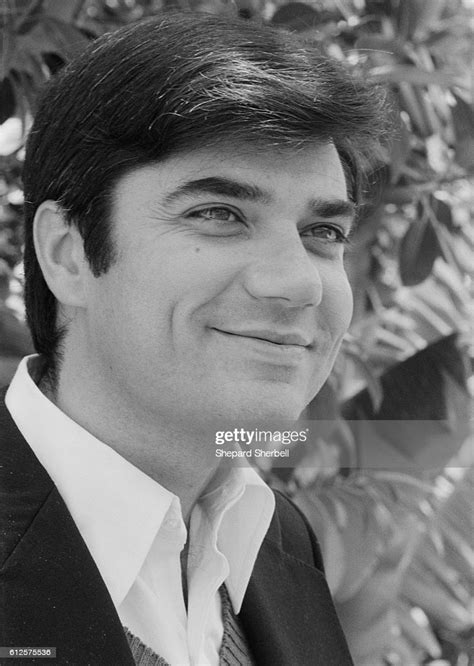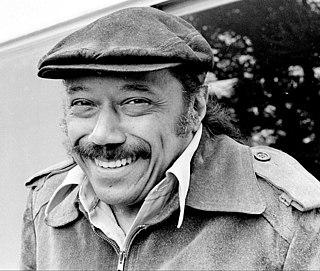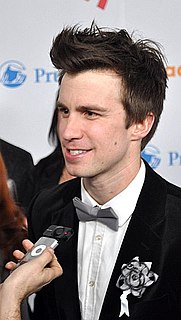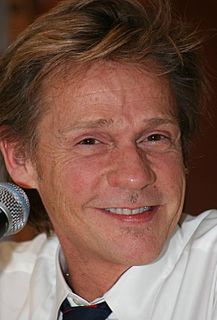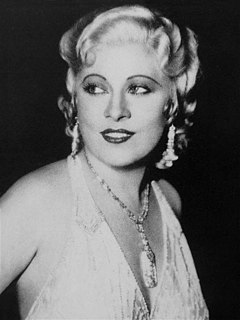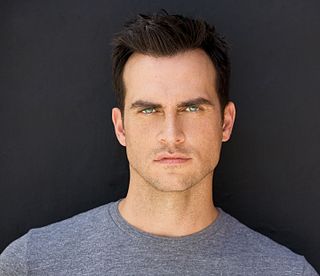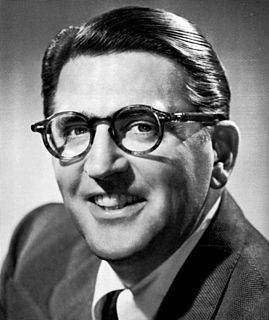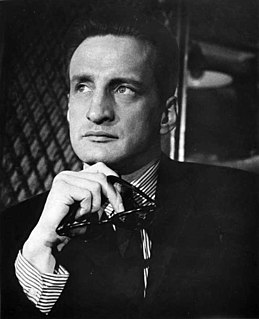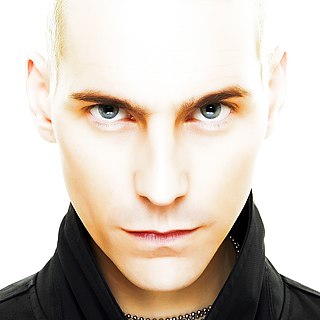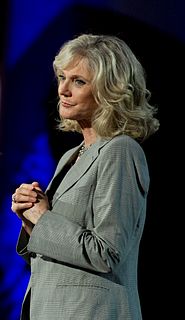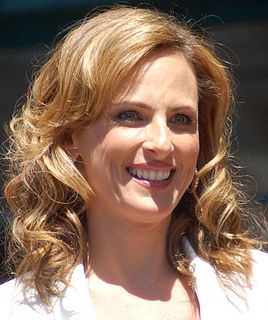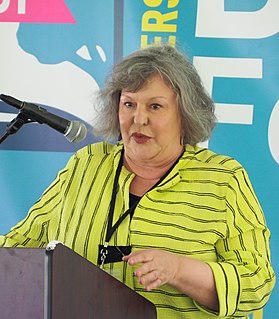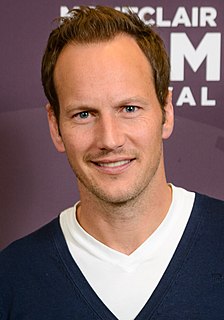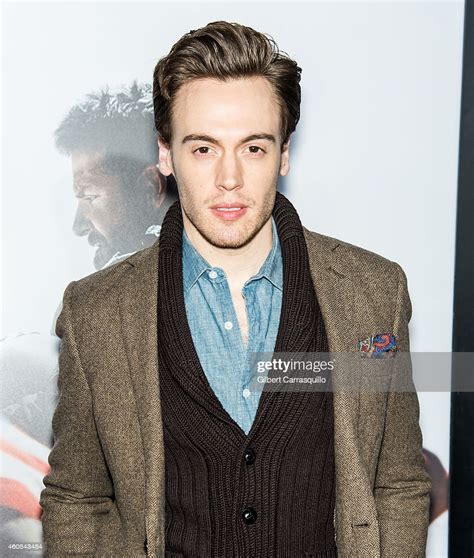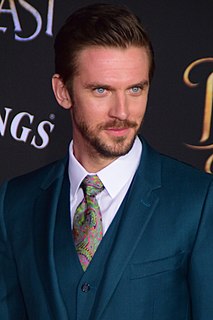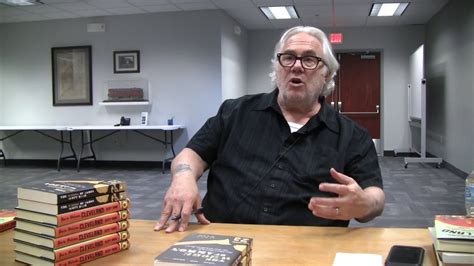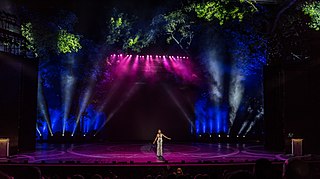Top 1200 Broadway Quotes & Sayings - Page 20
Explore popular Broadway quotes.
Last updated on November 26, 2024.
It's always been a dream of mine to do a voice for a Disney movie. I think Disney movies and theater are very closely related. That would be amazing. I don't know about doing a Broadway musical, just because I don't really know how people do it. You just work all the time. That's something that I would definitely have to work up to.
The first important role was a Broadway lead I did called 'The Royal Hunt Of The Sun' by Peter Shaffer, the guy who did 'Equus' and 'Amadeus.' Many of the important roles that I got later on were because the guy who was going to hire me was in that audience and had his mind blown. I tend to do that. I blow people's minds with my performances.
I ushered at the Shubert in New Haven during graduate school when plays en route to Broadway still went out of town to try out. I worked backstage at summer stock doing jobs from garbage man to strapping on Herbert Marshall's wooden leg to fixing Gloria Swanson's broken plumbing in her dressing room with her yelling at me as I worked the plunger.
I am still so proud to have been a part of something that introduced theater to so many people who weren't exposed to it before. We took Broadway and put it in peoples' living rooms once a week for two seasons. People still come up to me in the street and say, 'I never went to theater before I saw "Smash.'" That's the greatest compliment.
If you see young tulkus when they're with other little monks, it's like in a Broadway show or something where the main character is spotlighted and the others kind of fade into the background. And you think, who is that tulku? Because that's all you see, even though they're all dressed the same and they're all the same age, but it's like the tulku is illumined. They don't look like the other ones.
No one expects a Broadway musical comedy to be in the vanguard of what is bohemian, raunchy, folkloric, academic or aggressively experimental. That is not its job. Its job is to synthesize musical and social traditions with high-styled vivacity, especially those that dwell on different sides of the tracks in real life. The highbrow meets the lowbrow; sweet meets hot; uptown, downtown, all around the town.
Sometimes I feel like 'Avenue Q' or even 'Book of Mormon' might not have happened without 'Urinetown.' 'Urinetown' sort of paved the way, just in terms of what Broadway would accept in its houses. It just blows my mind, the stuff 'Book of Mormon' gets away with. It's way farther across the line than 'Urinetown' ever was.
I've always known that I wanted to be an actor. My family kind of was a theatrically inclined family. My father came to New York when he was a young man to be an actor and he, over a course, was in a couple Broadway musicals. I grew up in family where theater was always part of the vocabulary. By the time I was a teenager I was just totally obsessed, and it was the only thing I could imagine myself doing.
I got an email from Nick [Kroll] that he and John [Mulaney] were looking to put on the stage show with two of their characters from Kroll Show and could I help at all. And they were doing it [off-Broadway] at the Cherry Lane and they had been performing it at UCB, just sort of testing it out. I worked on it for a little bit downtown and it was a great experience.
You always want to be the person who doesn't need to be included, but it feels damn good to be among you people. My first Broadway show was Master Class, and I saw Audra McDonald. The one that sealed the deal was Ragtime, with Marin Mazzie. My first big role was with John Lithgow, and he taught me the ropes. Norm Lewis sang the night I met my husband. It makes me feel like I have a family.
My parents were really, really cool about supporting what I wanted to do at a really young age. I think I was about 10 when I caught the bug. They would drive me down to New York if there were auditions. When I was 12, I did this show on Broadway called 'High Society,' so we moved to New York for the run of that.
You have two kinds of shows on Broadway - revivals and the same kind of musicals over and over again, all spectacles. You get your tickets for 'The Lion King' a year in advance, and essentially a family comes as if to a picnic, and they pass on to their children the idea that that's what the theater is - a spectacular musical you see once a year, a stage version of a movie. It has nothing to do with theater at all. It has to do with seeing what is familiar. We live in a recycled culture.
I've never wanted to be anything other than an actor. I started performing on Broadway when I was 8 years old. My first night on stage, I told my mom, "This is what I want to do. I was always a very out-there kid. The sad thing about acting business is it's so fleeting. If I couldn't do that, I was going to go to school and study law and become a lawyer. But I probably would have been miserable, or they would have had some very theatrical court sessions.
There's been so much talk in the news lately about illegal aliens in the workplace. When was the last time an illegal alien stole your job? Oh yeah, that dream job of the Chinese Delivery man pedaling up Broadway delivering Chinese food for 40 cents an hour, or on the back of a landscaping truck with 15 others.
My first feature film was a movie called 'A Gunfight,' with Kirk Douglas, Johnny Cash, Karen Black, Jane Alexander, Raf Vallone... It was shot in Santa Fe, Mexico, in 1970, and it was directed by Lamont Johnson. It was the first gig I did when I got to California from having done 'Hair' in New York on Broadway for a year. It was a Western, though! But that film was not a successful release.
There's just nothing funnier or crazier than that - doing your Broadway debut as Spider-Man in 'Spider-Man' the musical. It was, like, the last thing I could have ever possibly imagined happening. I mean, I would tell people I was playing Spider-Man, and people would just break out laughing because it was so ridiculous!
Ah walk doon Hammersmith Broadway, London seeming strange and alien, after only a three-month absence, as familiar places do when you’ve been away. It’s as if everything is a copy of what you knew before, similar, yet somehow lacking in its usual qualities, a bit like the wey things are in a dream. They say you have to live in a place to know it, but you have to come fresh tae really see it.
I feel like I've been known for having long black hair, so when I took all my extensions out and cut my own hair, it was the most freeing thing, I think, I've ever done. That was my 21st year: I cut my hair, I was doing Broadway; I was living in New York, and I was really having a moment of becoming my individual self, and it was amazing.
Back in 1978, when I was still in high school, I went to see a Broadway show, 'Paul Robeson,' starring James Earl Jones. It was all about Robeson's journey as a human being, an artist, a champion of civil rights. Had I not seen the play, I might not have known who Robeson was. I was certainly never taught about him in school.
The Beatles first appeared on our show on February 9, 1964, and I have never seen any scenes to compare with the bedlam that was occasioned by their debut. Broadway was jammed with people for almost eight blocks. They screamed, yelled, and stopped traffic. It was indescribable ... There has never been anything like it in show business, and the New York City police were very happy it didn't - and wouldn't - happen again.
In a musically imperfect world, there is still perfection in the voice of Barbara Cook. For anyone eulogizing the historic scores of a long-lost era of Broadway greatness, not to worry. Somebody is still singing them with purity and passion. She is Barbara Cook, and she sings them for the angels to applaud.
Basically my influences have been American influences. It's been blues, gospel, swing era music, bebop music, Broadway show music, classical music. It's like making a stew. You put all these various ingredients in it. You season it with this. You put that in it. You put the other in it. You mix it all up and it comes out something neat, something that you created.
I saw my first two Broadway shows when I was 4 years old, 'The Lion King' and 'Beauty and the Beast,' and after both of them I came home and reenacted the entirety of the shows on my living room table for my family and friends. I started doing that after every show I saw until I actually did my first youth production when I was 5.
I remember going onstage on Broadway in this Leigh Bowery thing for a track like "Ich Bin Kunst." I've got breasts, this latex dripping down on my head, and I come out in a box. I just remember the audience looking really horrified because Rosie [O'Donnell] was trying to sell the show as sort of Pippin and Annie. She was saying it's a family show.
I was really proud to be in that show. I will never forget. I got the script to 'Millie,' and I'm flipping through the script and saying, 'Boy, I have some lines... I have a big song.' I was 25 years old and had never been on Broadway before. I got to the end of the script, and I was really nervous and excited. I realized I had a lot to do.
The first time I saw a picture of [fabled actress] Ethel Barrymore - she was on Broadway and she was wearing pearls. I thought, "That's who I should grow up to be." It's odd, because it was her physical image that I wanted; I had no idea what it was like actually to be her. In those days, we weren't bombarded by images the way we are now, and the ones we did have were more vivid in people's minds.
[VIA DOLOROSA]'s pushing Broadway as far as it can be pushed. I stand before you as a reporter, and you have to decide whether I'm an honest reporter or not. And if you're convinced that I am honest, then I think that you will listen to me in a way that you wouldn't have listened to a fiction where scenes are made. . . . I've thought quite long and hard about what I want to say in this play. And if it means that every single sentiment that I produce is put minutely under an ideological microscope, that's fine.
Too many Broadway actors in motion pictures lost their grip on success--had a feeling that none of it had ever happened on that sun-drenched coast, that the coast itself did not exist, there was no California. It had dropped away like a hasty dream and nothing could ever have been like the things they thought they remembered.
I love Jane [Krakowski]. Jane's been a dear friend for maybe a dozen years. We've worked together on many shows and concerts and readings. We did 'Damn Yankees' together and then we did 'Xanadu.' Jane did all the workshops of 'Xanadu' before it moved to Broadway. She's hysterical and our voices blended. We had a similar sensibility.
Acting on the stage is a luxury for me. I lose money. I make movies for financial reasons and this allows me the luxury of acting on Broadway. Hollywood, unfortunately, exploits actors for their own reasons, which are usually financial. So we might as well exploit Hollywood as much as it exploits us.
The "stage" on which you perform in film and TV is much smaller. Moving your eyes across the frame is equivalent to crossing from stage right to stage left in a big Broadway house. Coming from a theatrical background and temperament, this is something I am still learning. However, I think ultimately your responsibilities to the character and the overall story are the same in both mediums, so my approach felt very similar.
Duke Ellington's career traces the entire history of jazz. The repertoire associated with him contains the most important elements in the music and provides concrete examples of some of the best ways to present the music in the widest variety of settings-radio, TV, recordings, movies, concert halls, festivals, solo, small ensemble, big band, symphony orchestra, opera, Broadway shows.... You name it, he did it!
I got to Broadway a year after I came to New York. I starred in 'Butterflies Are Free' and got a Tony for it. Right out of the gate. Maybe that's why I wasn't very gracious about it. I wasn't driven. And right after 'Butterflies Are Free', I got married and then started a family. I always wanted that.
There's a strange sensation - you recall it from childhood - about sleeping in the afternoon. You rise into a different world from the one in which you lay down. The shadows have been rearranged. There's a sensation of sad sweetness, as if something has been overlooked. I used to feel it coming out of the movies just before dinnertime, after the matinee. How, I wondered, did Broadway actors face it, this bittersweet sense of time's slipping past.
It's very hard to just break into movies. I always felt like it would be giving up a theatre career to go and try and be in movies. So, I thought I'd exhaust the theatre thing, go as far as I can, and originate roles, be on Broadway, maybe win some Tony Awards, and then hopefully some door would open. Luckily, it did.
Honestly, people told me to. It was weird, I graduated from school, I never thought I'd live in L.A. and I always wanted to be to New York. I assumed that would be my trajectory - that romantic ideal of moving there and doing plays Off-Broadway and being scrappy about it. Then we did a showcase in New York and a showcase in L.A., and for whatever reason the response that I generated in L.A. was significantly more enthusiastic.
I can tell you that in my modern life I enjoy language. I enjoy words, their meaning, what they sound like to the ear, what they sound like to the listener. I strive to write the perfect sentence in all that I do, and when I write [the] perfect sentence I know it. If I had a second life I'd be a librettist for Broadway musicals.
The Broadway audiences are very vocal and seem very engaged. For certain shows, especially with a show like 'The Heiress,' the audience's reactions sound like 'The Jerry Springer Show' sometimes. That seems to be a very New York thing. Oh, there's also the entrance round of applause here, which we don't get too much in London.
I did a thing called 24 Hour Plays, a thing they do every year on Broadway. A bunch of playwrights and actors get together, you write a play and you act it out in 24 hours, literally. People pay and the money goes to charity. So I did one - I was horrible. I was bad. I was terrified. And I was like, "Oh, I gotta do this again." Because I know I can do it.
Every night, half an hour before curtain up, the bells of St. Malachy's, the Actors' Chapel on New York's 49th Street, peal the tune of 'There's No Business Like Show Business.' If you walk the streets of the theatre district before a show and see the vast, enthusiastic lines it sounds like a calling: there is certainly no place like Broadway.

